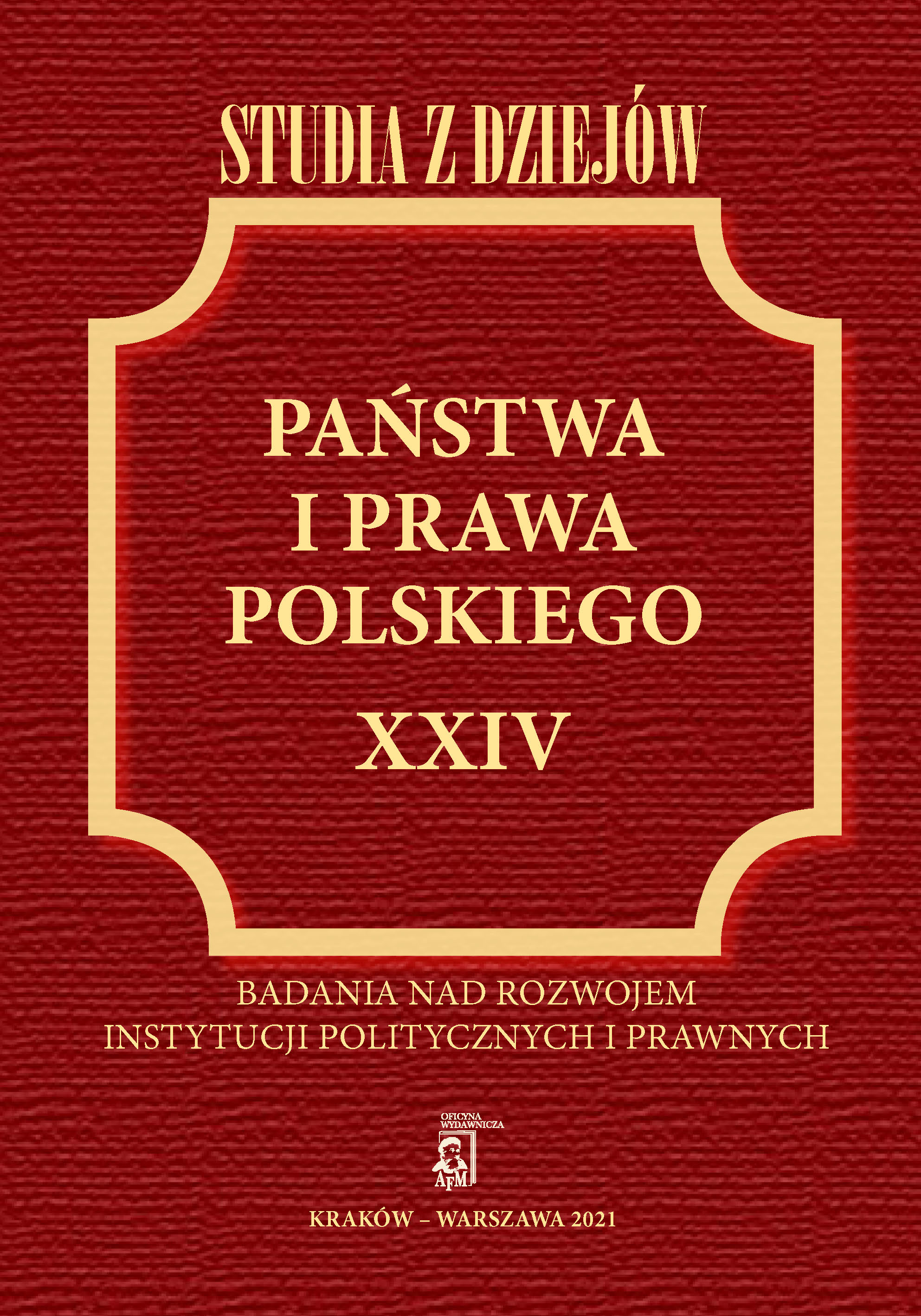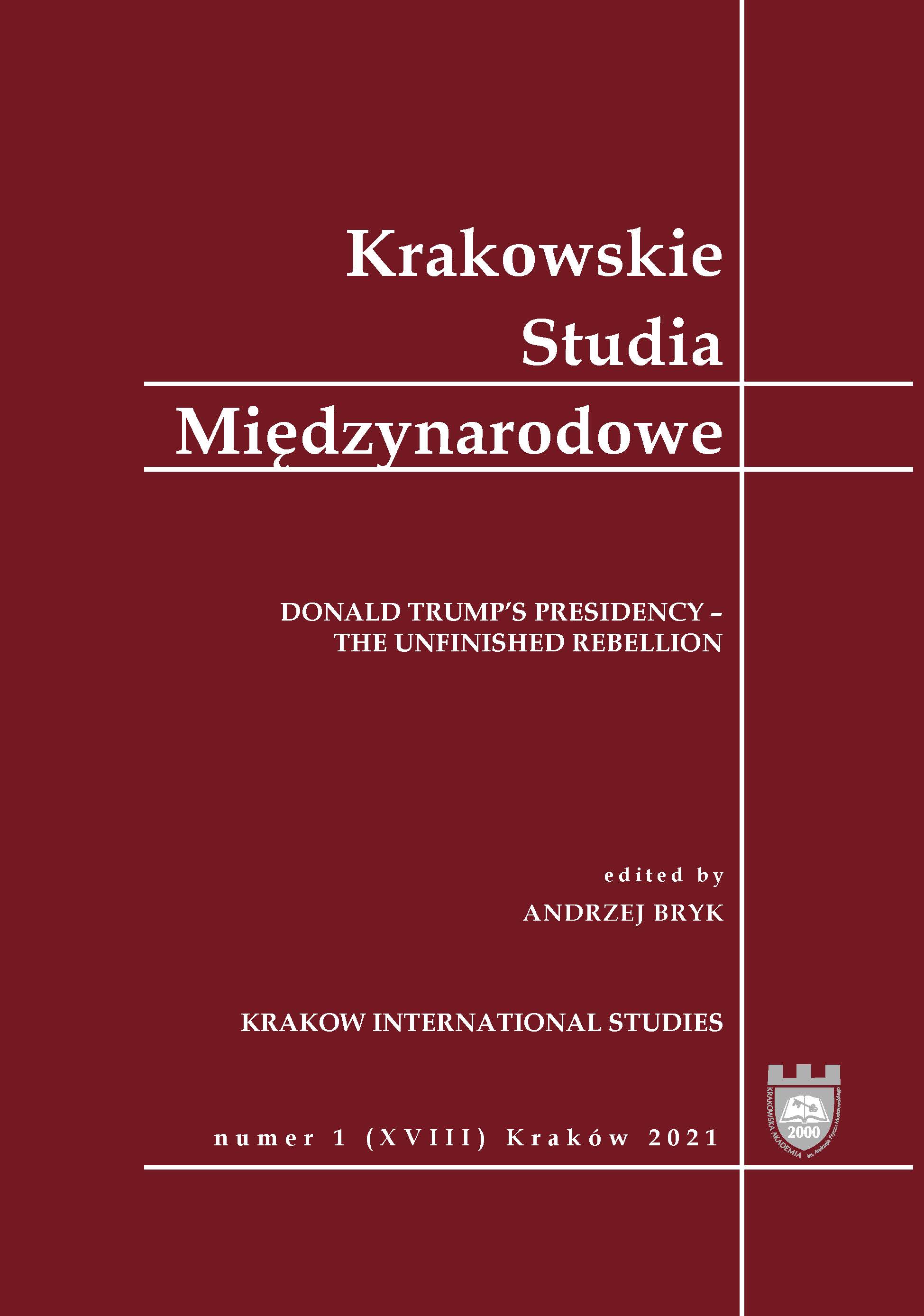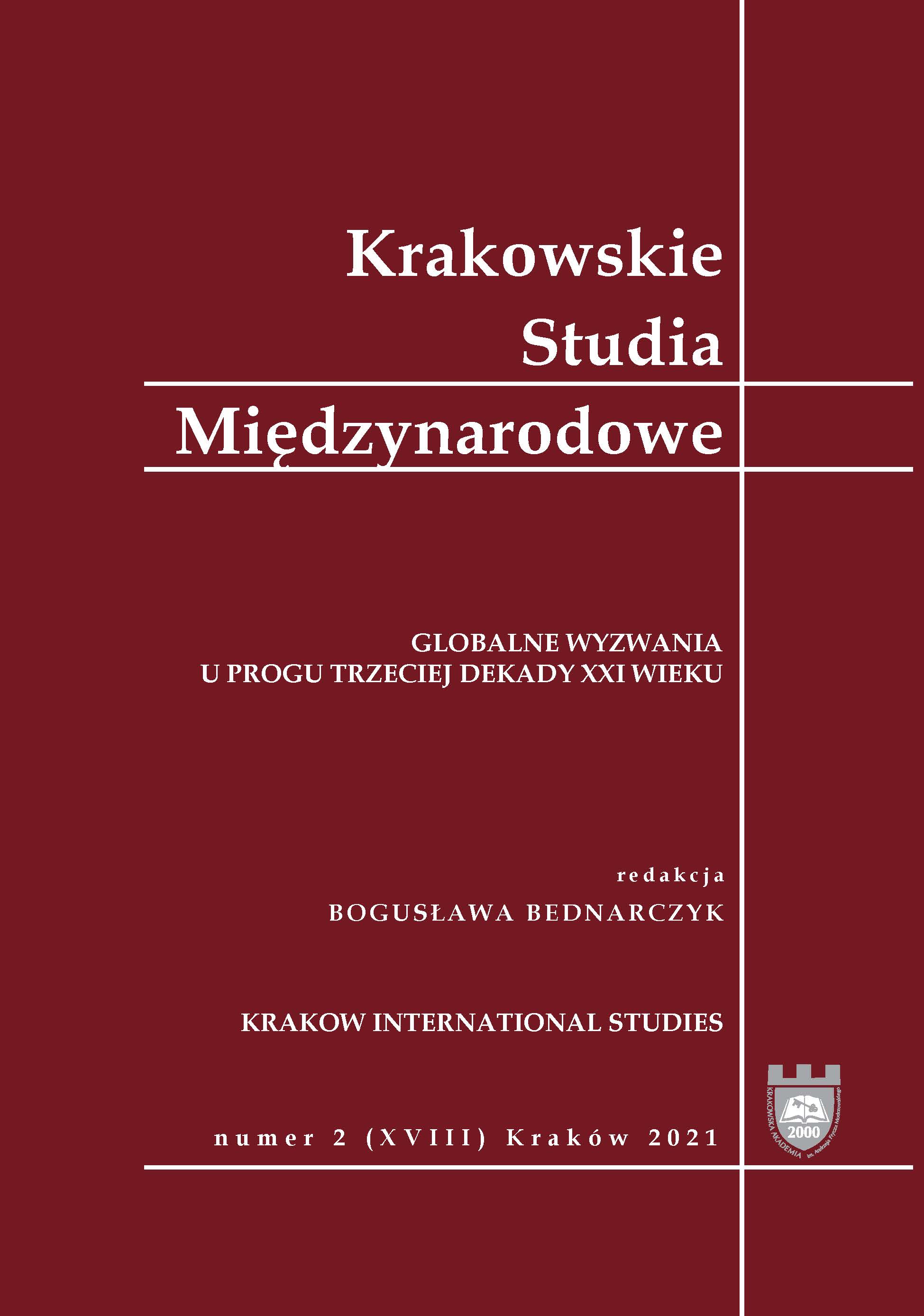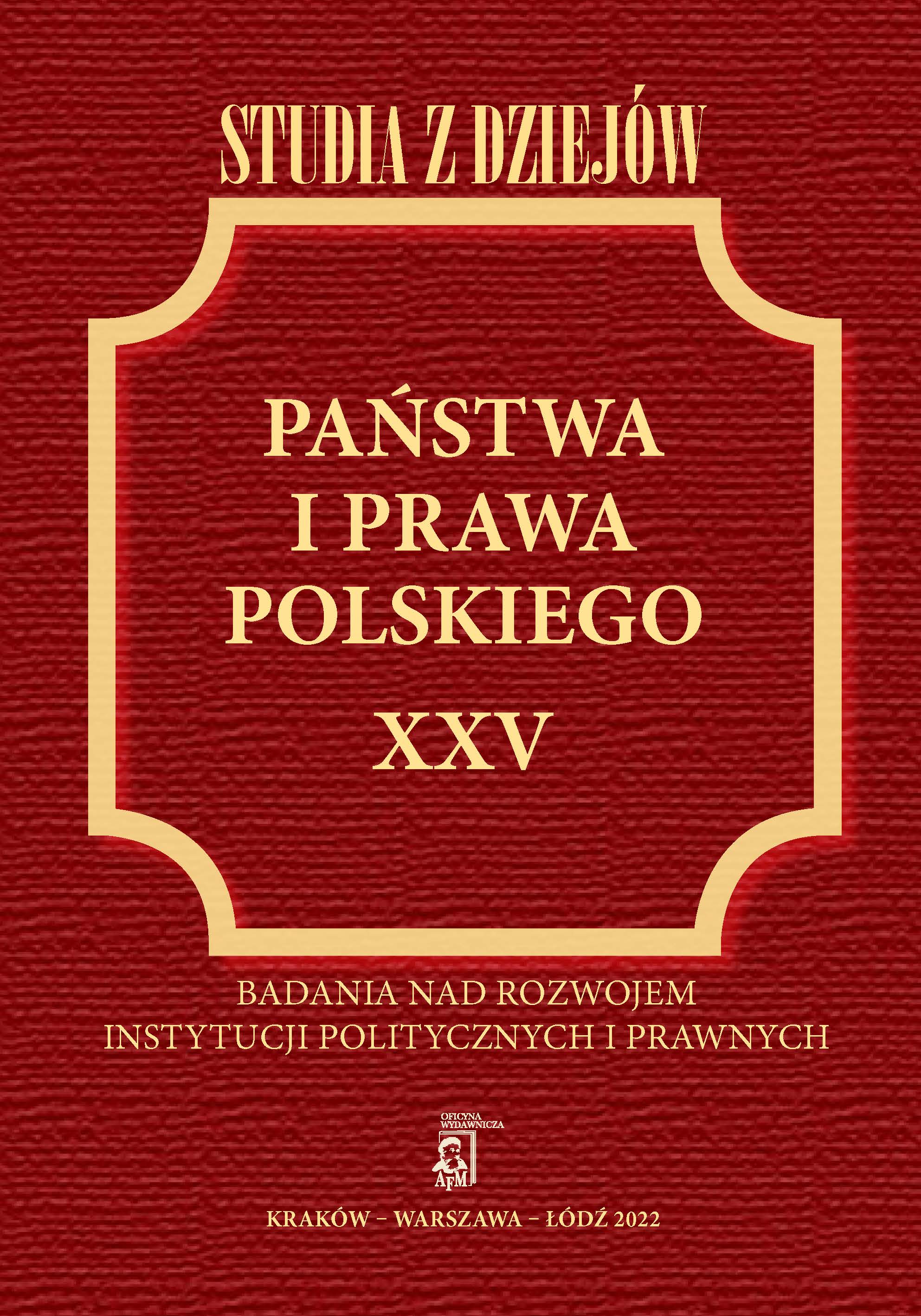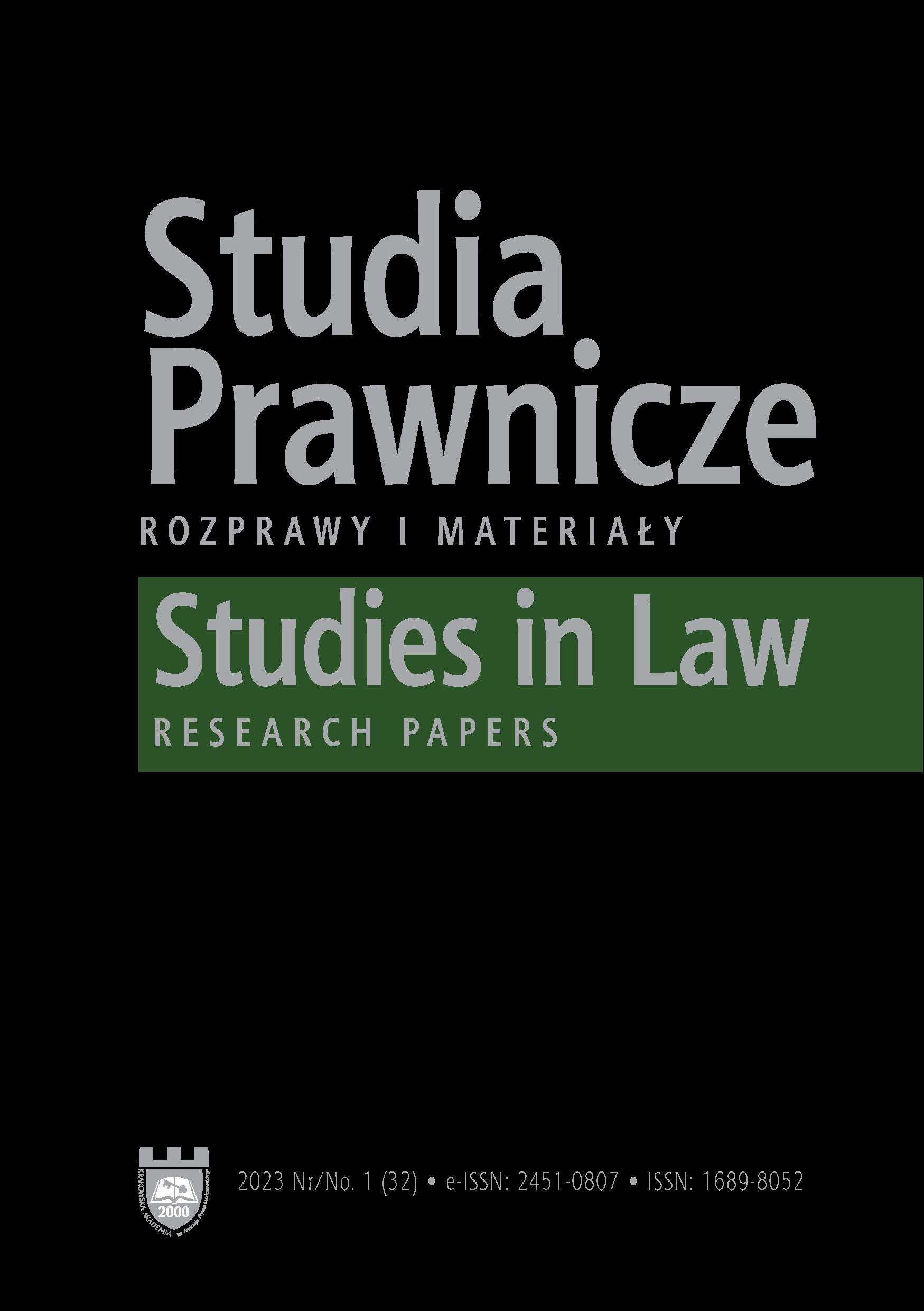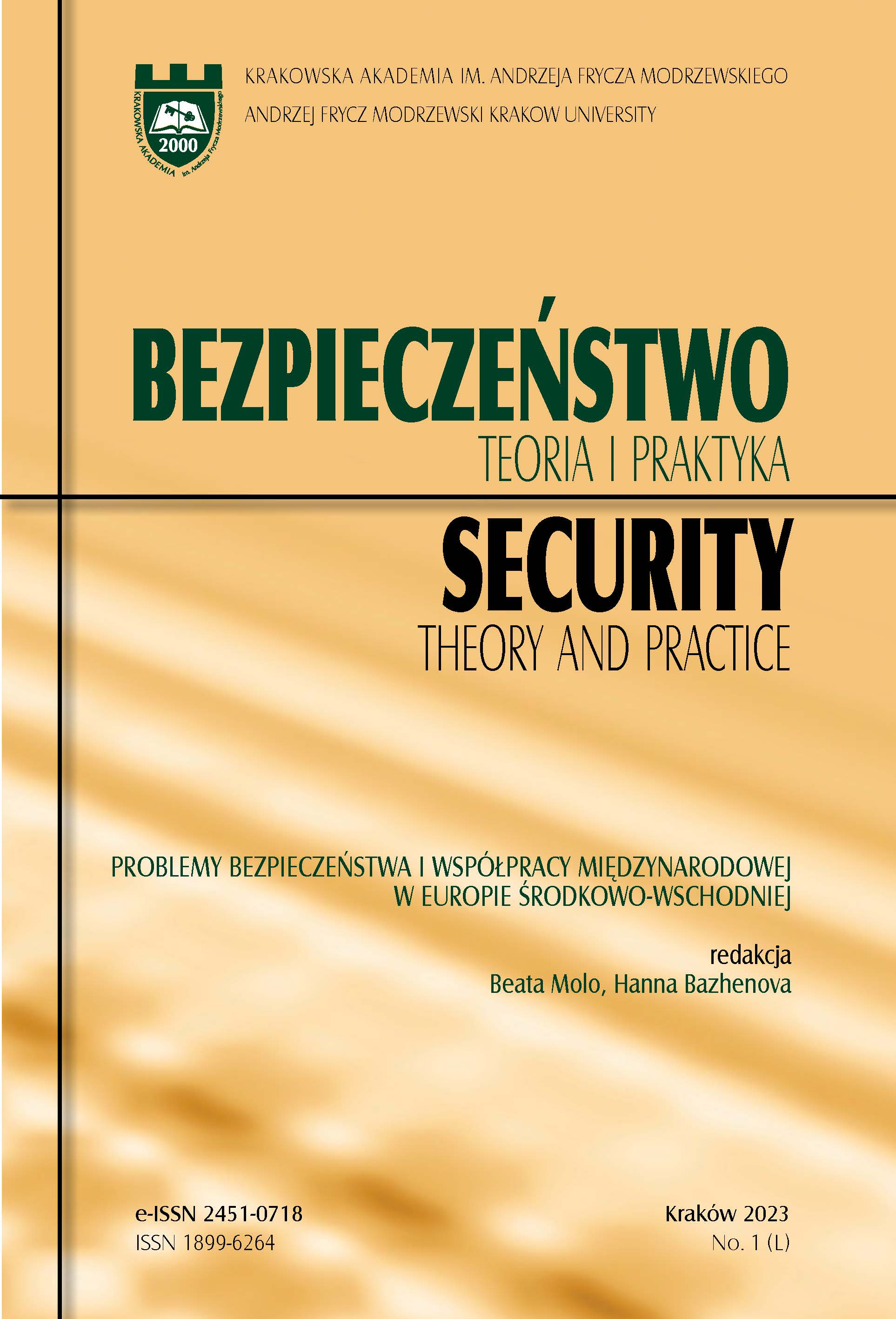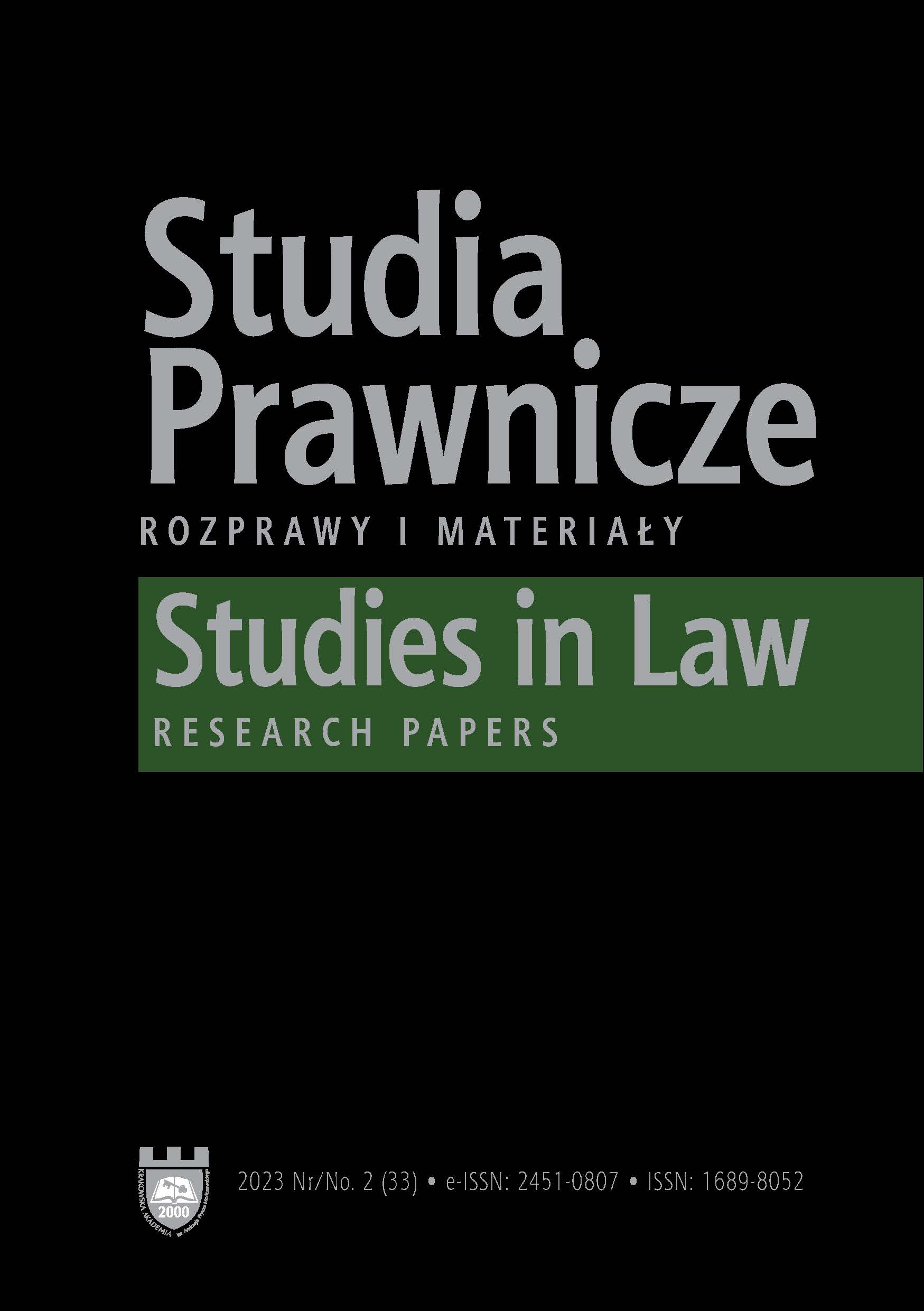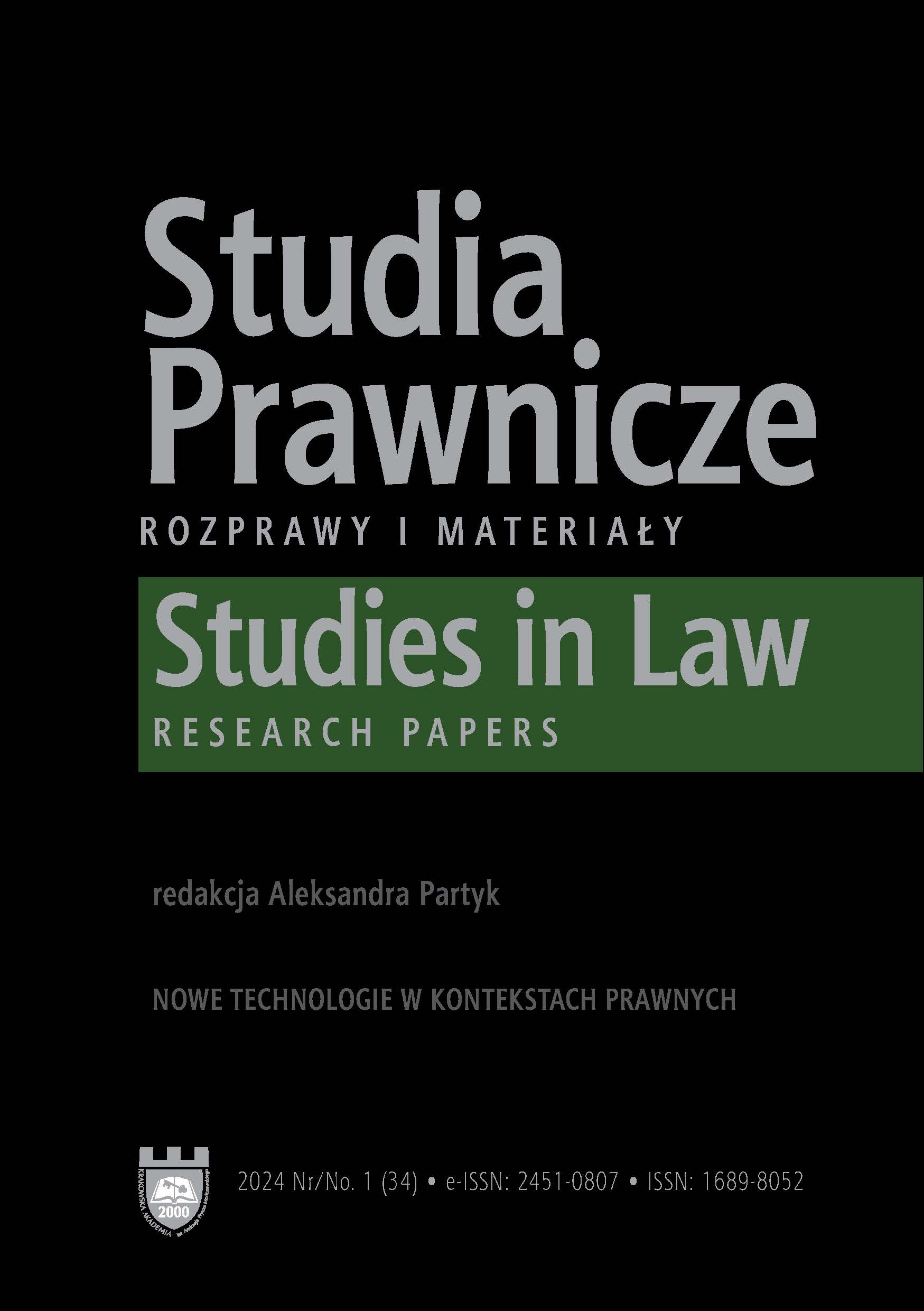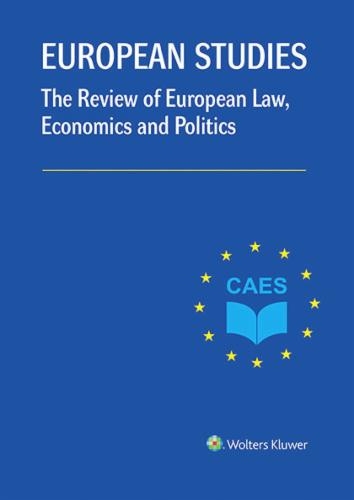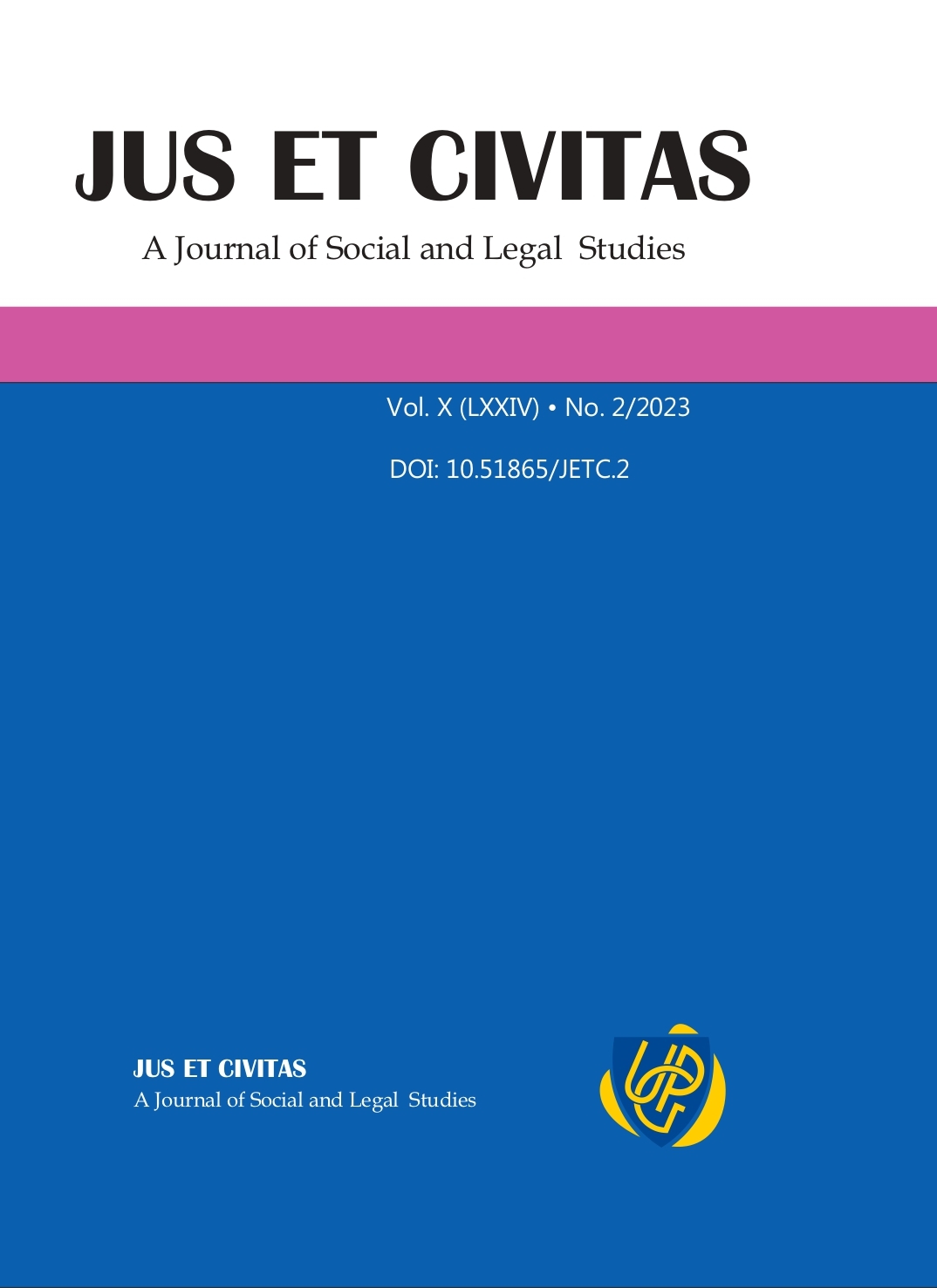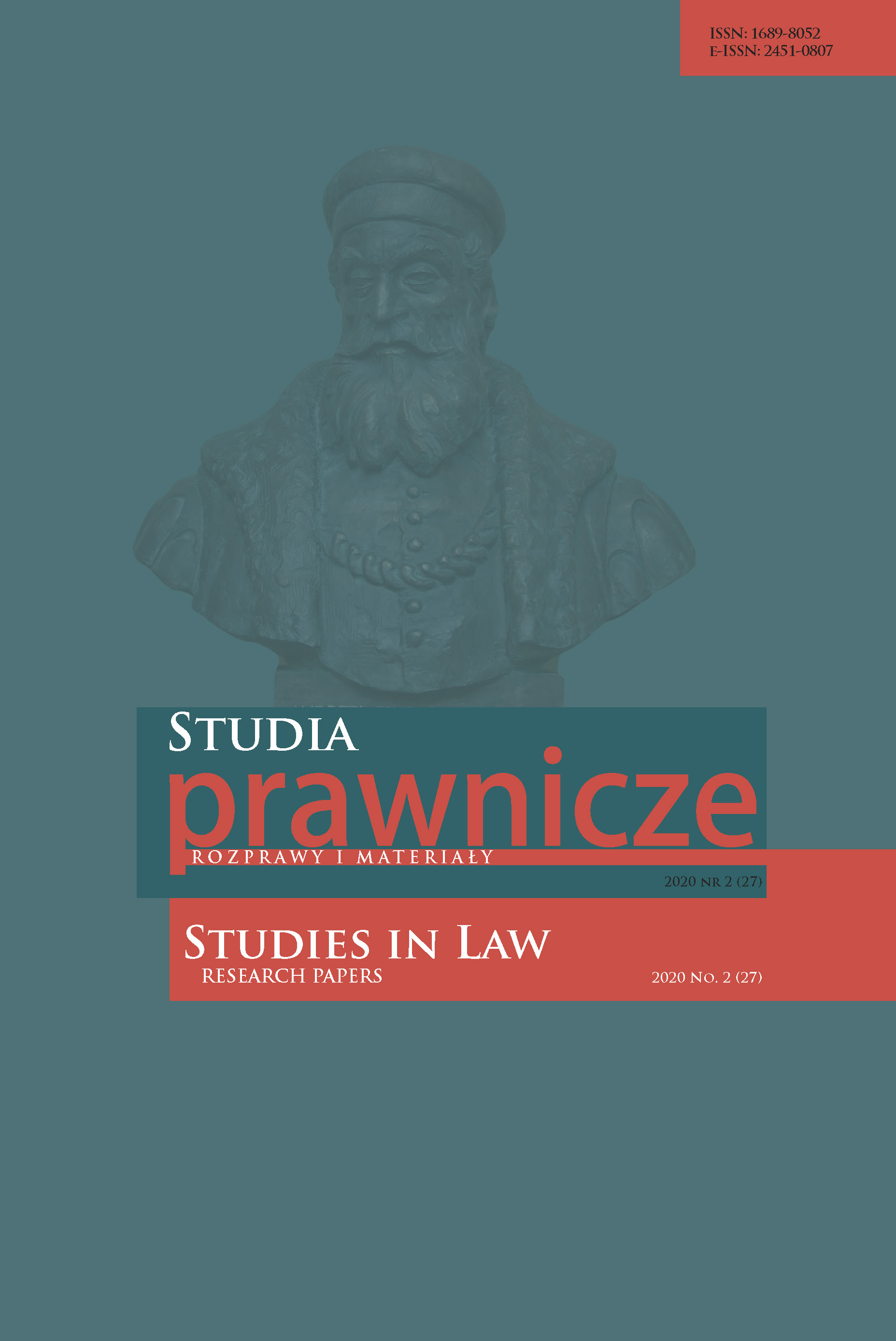
Sztuczna inteligencja w arbitrażu – AI w roli arbitra?
The article is the first one in a series of two studies analyzing the use of artificial intelligence in the arbitral decision-making process in the light of applicable legal regulations. It deals with the controversial issue of replacement of human by artificial intelligence. This issue will be analysed from a perspective of Polish legal order, included in international conventions in force in Poland and in the Code of Civil Procedure, juxstaposed with solutions functioning in selected countries.
More...
